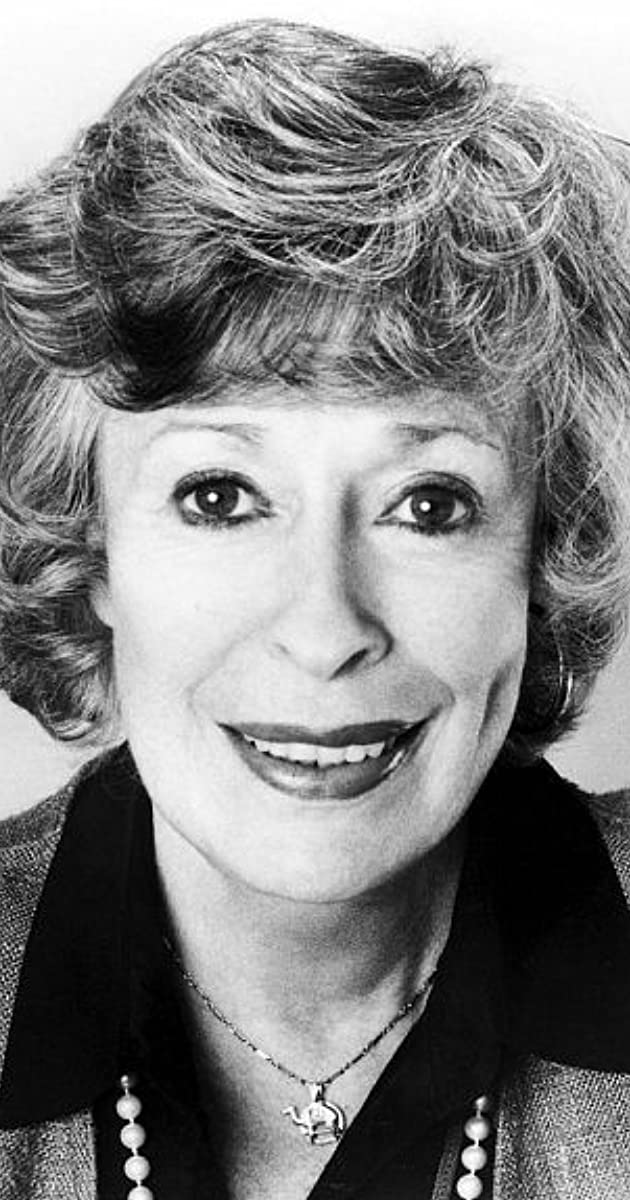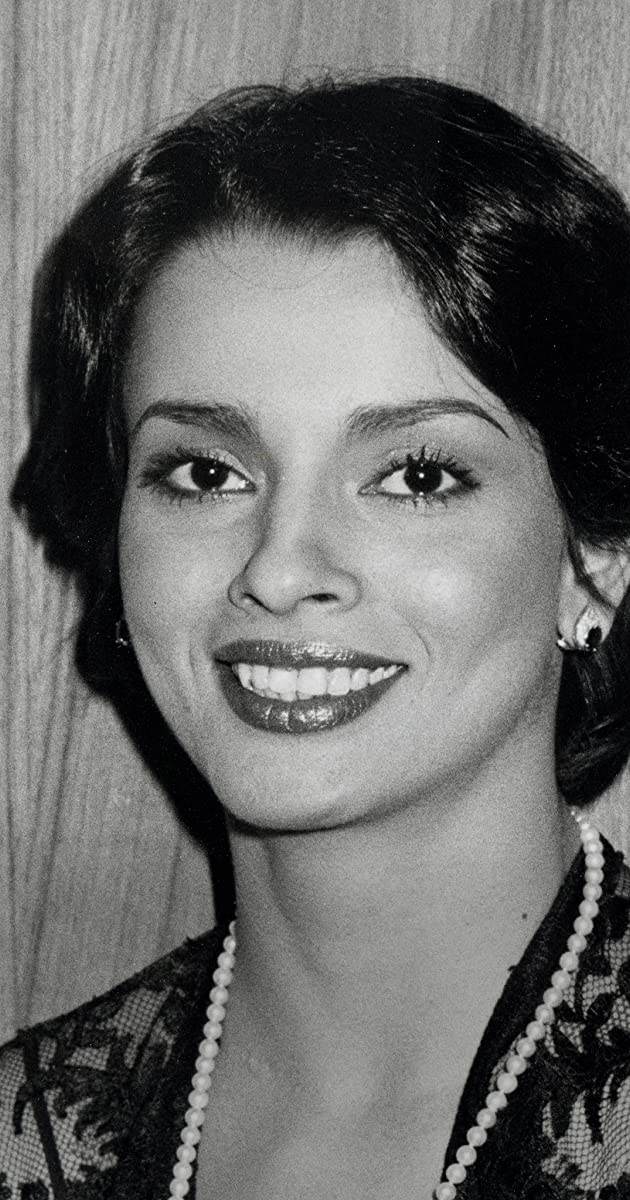
Versatile, award-winning character actress Eileen Heckart, with the lean, horsey face and assured, fervent gait, was born Anna Eileen Herbert on March 29, 1919, in Columbus, Ohio. An only child, she lived with her mother after her parents separated at age 2, and was eventually adopted by her grandfather, whose surname (Heckart) she took. Her childhood was an acutely unhappy one. Her mother, an alcoholic, was married five times, and her stern grandmother, with whom Eileen was often shuttled off to stay,, was physically abusive. To survive, Eileen escaped into the joy of movies as an adolescent.
She graduated from Ohio State University in 1942 with a degree in English. That same year she married John Harrison Yankee Jr., an insurance broker. They had three sons in a union that lasted 54 years, unusual for a feisty, independent lady of show business. While her husband was off to the war (he joined the Navy), she moved to New York and toiled in a number of day jobs while trying to jump start a career in acting. Beginning in summer stock, she took classes at the American Theatre Wing and apprenticed in a number of obscure plays/revues such as “Tinker’s Dam” (1943) and “Musical Moment” (1943).
Following extensive work on the NY stage, which included her Broadway debut as an understudy and eventual replacement in “The Voice of the Turtle” (1945), she established herself as a major force on the Great White Way. Her first big break under the Broadway lights was her portrayal of the arch, lonely schoolteacher in William Inge’s “Picnic”, which earned her both the Outer Critics Circle and Theatre World awards in 1953. (Rosalind Russell played the role in the film version.)
Heckart was in demand by then as flinty, overwrought, down-to-earth types or wise-to-the-bone old gals. Later award-worthy Broadway hits would include “The Bad Seed” (which earned her the Donaldson award), “The Dark at the Top of the Stairs” (Tony-nom), “Invitation to a March” (Tony-nom), and “Butterflies Are Free” (Tony-nom). Intermixed were live performances on TV for such prestigious programs as “Goodyear Television Playhouse”, “Kraft Television Theatre”, “Studio One”, “Suspense”, “The Alcoa Hour”, and “Playhouse 90”.
Heckart was a dominant yet only intermittent force in films, making her debut in the so-so Miracle in the Rain (1956) featured as Jane Wyman’s confidante. Although greatly disappointed at losing the bid to recreate her Broadway role in the film version of Picnic (1955) (Rosalind Russell won the honors), she did receive the satisfaction of transferring her scene-chewing stage role as the despairing, drunken mom whose son falls victim to young Patty McCormack’s malevolent mischief in The Bad Seed (1956). For this Eileen copped both Oscar and Golden Globe nominations. During this period she fell into a number of dowdy matrons, dour moms and matter-of-fact gal friends with flashy roles in Somebody Up There Likes Me (1956), Bus Stop (1956), Hot Spell (1958) and Heller in Pink Tights (1960).
Earning another Tony nomination and the New York Drama Critics Award for her brittle role in the 1957 production of Inge’s “The Dark at the Top of the Stairs”, she was pregnant with her third child when the film version of The Dark at the Top of the Stairs (1960) started rolling and Angela Lansbury stepped in to replace her.
For most of the 1960s, she traded off TV guest parts (“Ben Casey”, “Dr. Kildare”, “The F.B.I.”, “The Defenders”) with theater roles (“Pal Joey”, “Barefoot in the Park”, “You Know I Can’t Hear You When the Water’s Running”). She was finally rewarded on film as blind Edward Albert’s busybody mom in Butterflies Are Free (1972), netting the Academy Award for “Best Supporting Actress”. It was a role she had played on Broadway, receiving her fourth Tony nomination.
The Oscar did not bring her the choice roles which other winners had enjoyed but she continued on in all three mediums quite enviably. While not fond of sitcom work, she gave Emmy-style for her guest work on such shows as “The Mary Tyler Moore Show”, “Love & War”, “Ellen”, “Cybill”, and was part of a short-lived ensemble series as one of The 5 Mrs. Buchanans (1994). She also put together a one-woman stage tribute to Eleanor Roosevelt and gave assertive theater performances in “The Ladies of the Alamo”, “The Cemetery Club”, and “Northeast Local”.
The Tony Award eluded the four-time nominee during her long, eventful career. The Tony committee finally made up for this oversight in 2000 by awarding her a “special” Tony for “excellence in theater, triggered by her final, multiple award-winning success (Obie, Drama Desk) as an Alzheimer’s patient in “The Waverly Gallery” in 2000. In retrospect, it was none too soon as Heckart, who worked nearly until the end, had been diagnosed with lung cancer, which was kept secret until after her death, on December 31, 2001, aged 82.


